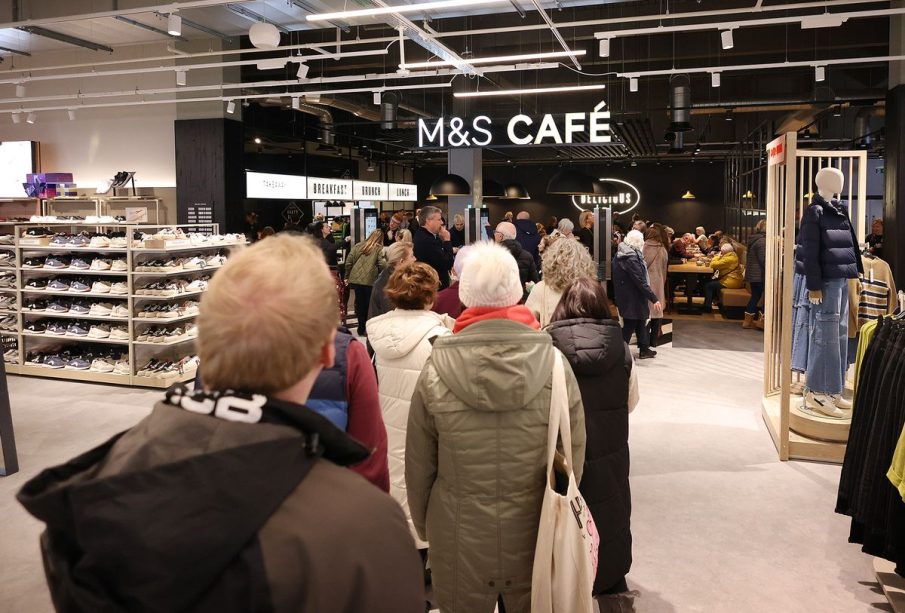The Closure of M&S Cafes: A Significant Shift in Retail

Introduction
The recent announcement regarding the closure of several M&S cafes has sent shockwaves through the retail sector. Marks & Spencer, known for its high-quality food and aesthetic dining experiences, has decided to shut down numerous in-store cafes as part of a broader strategy to streamline operations and refocus its business. This move is particularly significant in light of the current economic climate, as it reflects changing consumer habits and the challenges faced by the high street.
Details of the Closures
As part of its restructuring plans, M&S has confirmed that it will close 29 of its cafes across the United Kingdom. The decision comes after a comprehensive review of the business, assessing performance metrics in light of increasing operational costs and a shift in consumer preferences towards quick takeout options rather than traditional sit-down dining. The cafes affected are primarily located in M&S stores that have struggled to attract sufficient footfall in recent months.
Along with these closures, the company will be reassessing its dining model, with management hinting at a more focused approach on food-to-go options to meet the demand of modern shoppers. The closures are expected to be completed by the end of Q3 2023, with the company stating that this decision is aimed at concentrating their resources on areas that show the most potential for growth.
Consumer Impact
The closure of M&S cafes will undoubtedly impact regular customers who enjoyed the convenience of grabbing a coffee or meal while shopping. While M&S has pledged to enhance its food-to-go range, many loyal patrons expressed disappointment over the loss of their cafes, which provided a relaxing environment amid shopping errands. The decision may also contribute to the perception of diminishing in-store shopping experiences, as consumers increasingly opt for the convenience of online purchasing.
Conclusion
The closure of M&S cafes marks a meaningful shift in the retail landscape, reflecting both the challenges of high street shopping and the need for businesses to adapt to evolving consumer habits. As M&S pivots towards more food-on-the-go options, the closure may signal a broader trend across the industry where traditional dining experiences in retail settings are being reassessed.
For consumers, this presents an opportunity to rethink their shopping habits as brands like M&S navigate these changes. Looking ahead, it will be essential for retailers to keep pace with consumer trends and expectations, ensuring that their offerings remain relevant in an increasingly competitive market.








